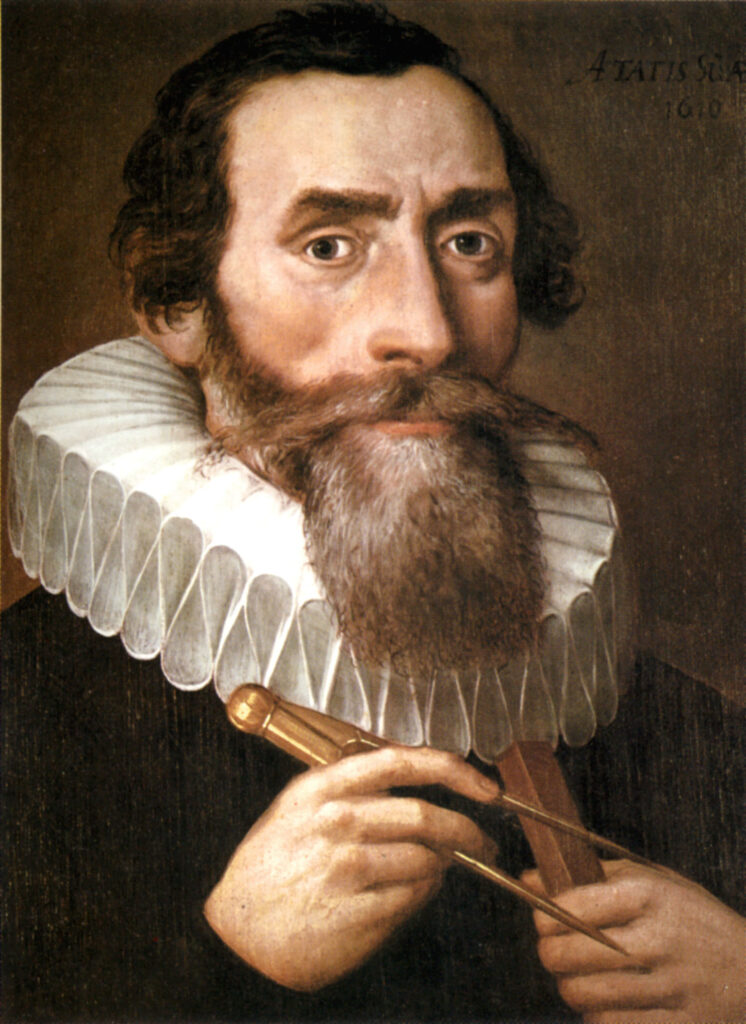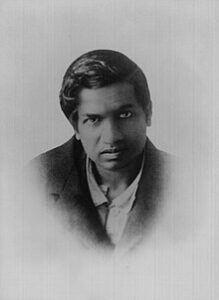Johannes Kepler, born on December 27, 1571, in Weil der Stadt, Holy Roman Empire, was a pivotal figure in the Scientific Revolution of the 17th century. His contributions to astronomy and mathematics laid the groundwork for our modern understanding of the cosmos.
Early Life and Education
Kepler was born into a poor family, but his intellect quickly became evident. He received his early education at the Lutheran school in nearby Leonberg. His talents were recognized, and he was awarded a scholarship to study at the University of Tübingen, where he excelled in mathematics and astronomy.
Mentorship under Tycho Brahe
In 1600, Kepler joined the court of the eccentric Danish astronomer Tycho Brahe. Under Brahe’s mentorship, Kepler gained access to the most accurate astronomical observations of the time. Brahe’s meticulous records of planetary positions would later prove crucial to Kepler’s work.
Three Laws of Planetary Motion
Kepler’s most significant contributions came in the form of his three laws of planetary motion, which revolutionized our understanding of celestial mechanics.
First Law (Law of Ellipses)
Kepler discovered that planets orbit the Sun in elliptical paths rather than perfect circles. This overturned the prevailing belief in circular orbits and laid the foundation for modern celestial mechanics.
Second Law (Law of Equal Areas)
Known as the law of equal areas, Kepler determined that a line segment joining a planet and the Sun sweeps out equal areas during equal intervals of time. This law describes the speed at which a planet moves along its elliptical orbit.
Third Law (Harmonic Law)
Kepler’s third law established a mathematical relationship between a planet’s orbital period and its distance from the Sun.The Third Law, also known as the Harmonic Law, establishes a mathematical relationship between a planet’s orbital period and its distance from the Sun, indicating that the farther a planet is from the Sun, the longer its orbital period, and this relationship is precisely quantified by the ratio of the square of the orbital period to the cube of the average distance from the Sun. This law provided a quantitative basis for understanding planetary motion.
Conflict with Traditional Views
Kepler’s ideas often clashed with established beliefs, particularly those of the Catholic Church. His heliocentric model challenged the geocentric worldview that had dominated for centuries. Despite facing opposition and ridicule, Kepler remained steadfast in his pursuit of scientific truth.
Work on Optics
In addition to his work in astronomy, Kepler made significant contributions to the field of optics. His book “Astronomiae Pars Optica” (The Optical Part of Astronomy), published in 1604, explored the nature of light, vision, and the properties of lenses. Kepler’s understanding of optics would later influence the development of telescopes and other optical instruments.
Personal Struggles
Throughout his life, Kepler encountered numerous personal challenges and endured significant hardships. He faced financial difficulties throughout his career, often struggling to support his family. The Thirty Years’ War brought further turmoil, disrupting his work and forcing him to relocate multiple times.
Legacy and Influence
Kepler’s contributions to astronomy and mathematics were groundbreaking, laying the groundwork for Isaac Newton’s theory of universal gravitation and the subsequent advancements in physics. His laws of planetary motion remain fundamental principles in the study of celestial mechanics.
Death and Honors
Johannes Kepler breathed his last on November 15, 1630, in the city of Regensburg, located in the region of Bavaria. Although he did not live to see the full impact of his work, Kepler’s legacy endured. He is remembered as one of the greatest astronomers in history, and numerous astronomical objects and phenomena bear his name in recognition of his contributions.
Conclusion
Johannes Kepler’s life was characterized by perseverance, intellect, and a relentless pursuit of scientific truth. His discoveries revolutionized our understanding of the cosmos, paving the way for centuries of astronomical advancement. Kepler’s legacy continues to inspire scientists and astronomers around the world, reminding us of the power of human curiosity and ingenuity in unlocking the mysteries of the universe.




